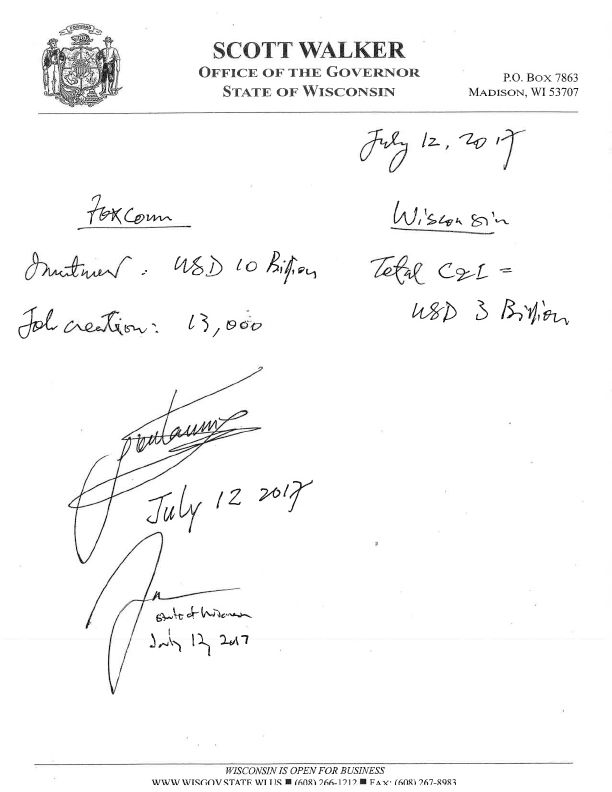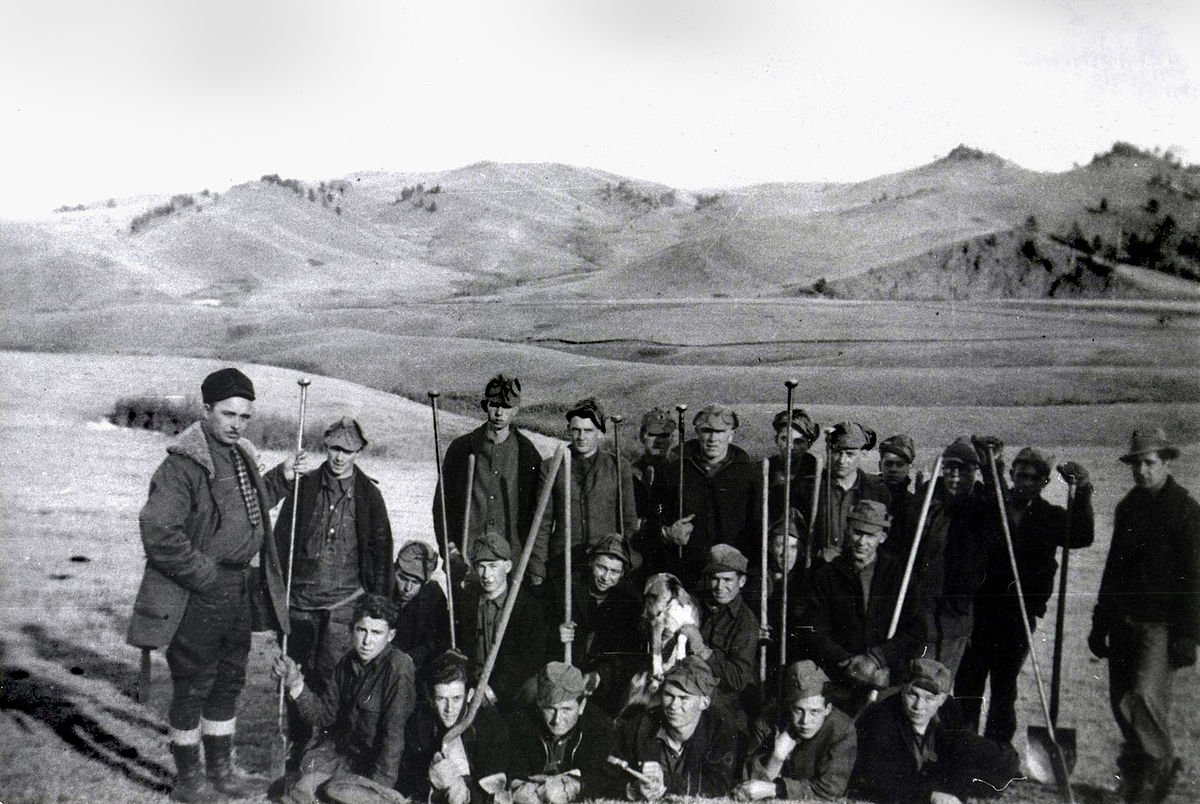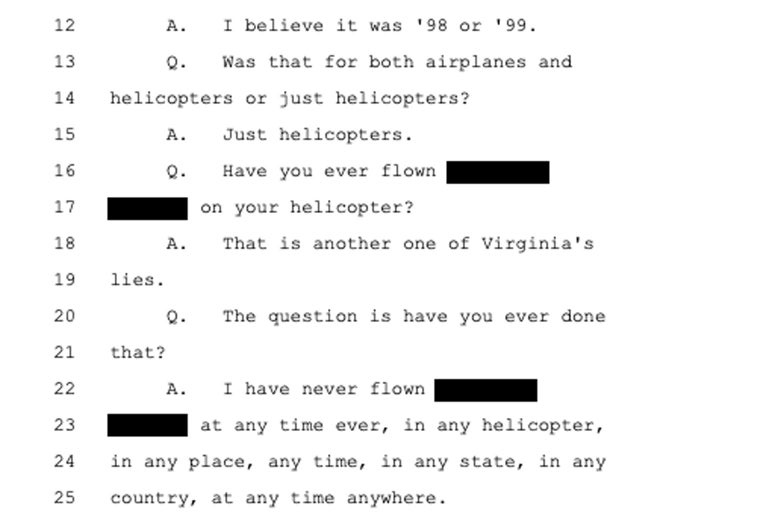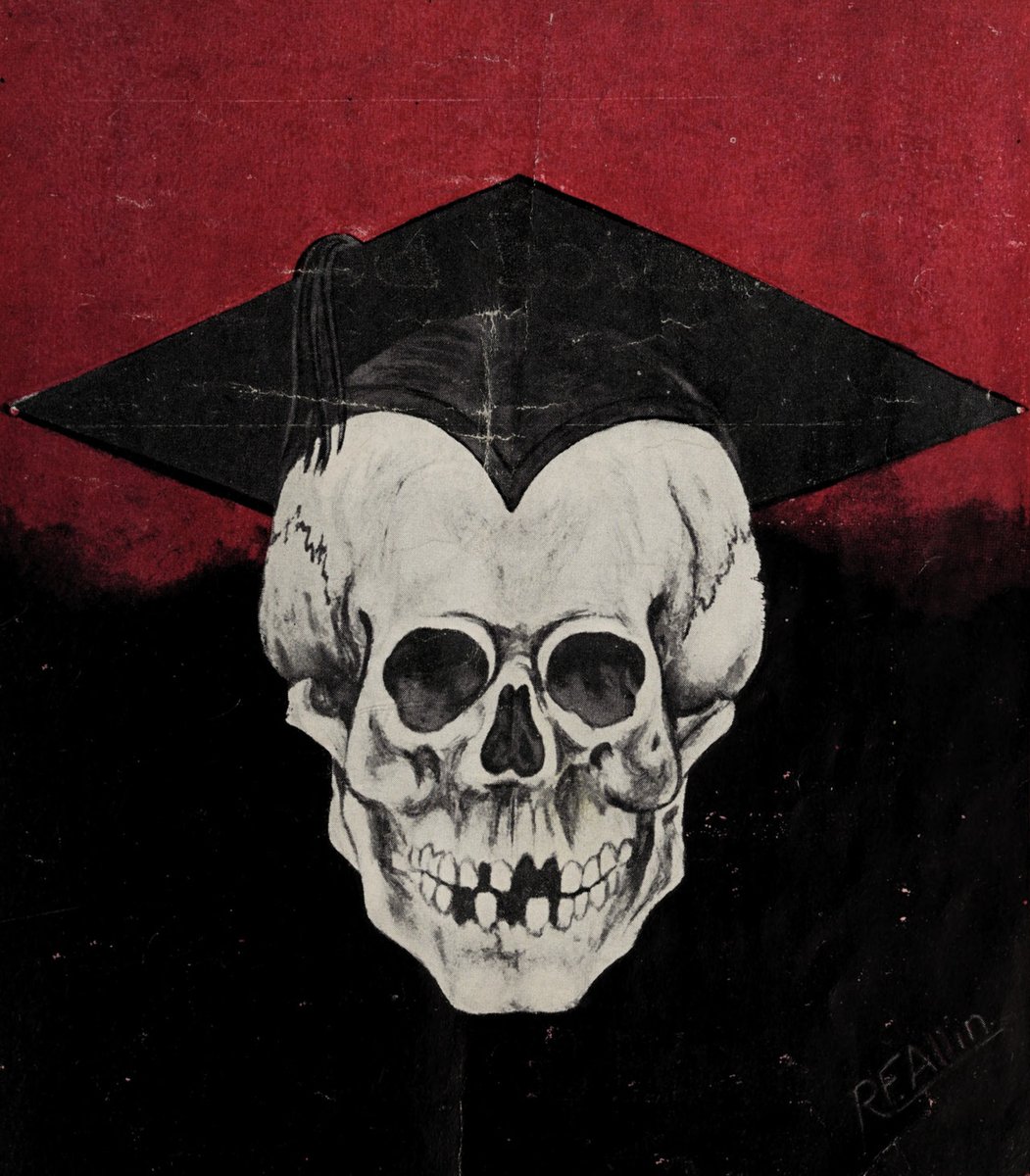
As pandemic and climate emergency force the contradictions of capitalism to the breaking-point, the world's streets have erupted in ceaseless, ferocious protest. In a desperate bid to prolong their rule, elites have fielded increasingly cruel and violent police responses.
1/
1/

The cops are, to varying degrees, complicit. They have chosen to follow orders rather than risk their jobs (or even, in some cases, their safety from state retaliation).
The increasingly obvious injustice of the cause they fight for also increases the risk they bear.
2/
The increasingly obvious injustice of the cause they fight for also increases the risk they bear.
2/
There are three risks for the shock troops of late-stage capitalism:
I. the risk of official sanction by the state they fight for
II. the risk of punishment by a new regime should their cause fail
III. the risk of vigilante justice for the people they brutalize and murder
3/
I. the risk of official sanction by the state they fight for
II. the risk of punishment by a new regime should their cause fail
III. the risk of vigilante justice for the people they brutalize and murder
3/
To reduce this risk, cops are going anonymous: not just wearing covid masks, but also removing their badges, nametags, and (notoriously in Portland), all insignia save generic windbreakers emblazoned POLICE, so even their agency affiliation is anonymized.
4/
4/
For every measure, there is a countermeasure. Networked authoritarianism has driven down the cost of facial recognition tools, and protesters have turned these tools on anonymized cops.
@kashhill's @nytimes story on the phenomenon is wild.
nytimes.com/2020/10/21/tec…
5/
@kashhill's @nytimes story on the phenomenon is wild.
nytimes.com/2020/10/21/tec…
5/
During the Hong Kong uprisings, Colin Cheung was arrested after he posted a video showing how he was identifying anonymized cops from online photos:
nytimes.com/2019/07/26/tec…
6/
nytimes.com/2019/07/26/tec…
6/
Artist Paolo Cirio posted an online exhibit called "Capture" with images of 4,000 French cops who participated in the crackdown of the Gilet Jaunes protests as a step toward automated identification (the photos were removed after government threats).
paolocirio.net/work/capture/
7/
paolocirio.net/work/capture/
7/
And in Portland, a self-taught programmer named Christopher Howell responded to police leadership's exhortation for officers to cover their nametags by developing facial recognition to reidentify law enforcement officers who took the advice.
8/
8/
Howell's project came to light when he responded to the city's call for comments on a proposal to ban facial recognition tools, a measure that was meant to curb authoritarian surveillance. He wanted to know if the rule also banned antiauthoritarian surveillance?
9/
9/
The city's lawyer confirmed that Howell's tools would be legal as the rule only banned organizations - not individuals - from using facial recognition.
According to Hill, the authorities are "not pleased."
eof/
According to Hill, the authorities are "not pleased."
eof/
• • •
Missing some Tweet in this thread? You can try to
force a refresh






